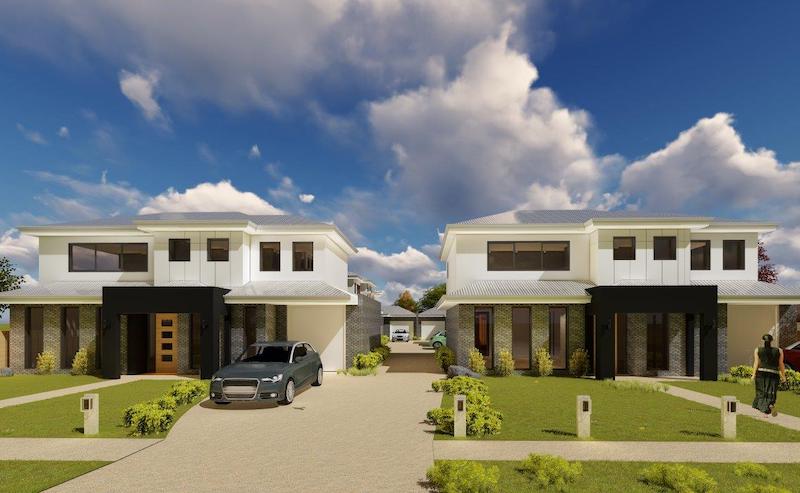
Zoning 101

When people mention property zoning, many of our clients have no idea what it actually means and more importantly, what it can mean to them.
With terms such as approved land use, flood overlays, planning scheme amendments, transition zoning and minimum lot sizes, property zoning can become complex and confusing.
Many property-savvy people have a limited understanding of zoning and how critical it is to help you make wise property decisions (and avoid disastrous property deals).
At delcon we have an up-to-date knowledge of zoning areas and the effect it can have on your property and construction.
Zoning affects every single property across Melbourne, and Australia, so whether you are purchasing your first property or you’re a seasoned investor, it will definitely affect your property decisions.
Zoning is a framework determined and set out by state and territory governments, and applied by local councils. Zoning dictates what can be built, where, and how, and regulates the pace and pattern of development, growth and character of an area.
The main zones are residential, commercial, industrial, agricultural and public and then there are sub-categories to each of these zones.
Knowing a block of land’s zoning is crucial with any property. While a house or house and land package will naturally be zoned residential, researching nearby zones is also important to avoid being caught out and potentially de-valuing your property.
Carefully understanding the zoning regulations for a property, as well as properties around it, will help you avoid unexpected surprises. As a residential property, you want to be aware of non-residential zones in your vicinity – and what industries and activities are allowed in that zone.
The zoning also very much affects house pricing. In Melbourne we’ve seen zoning move land value up 50% overnight due to the new development potential.
In Melbourne we have a zone called “mixed use” which means a property can be located in an area that provides for a range of residential, commercial, industrial and other uses. They’re often located in the inner-city areas and could impact your property if, for example, a shop was to appear as your neighbour. Likewise development potential exists.
You should also check with the surrounding areas of your desired location – if nearby land is zoned to allow a particular use, such as high-density housing, the ability to develop an apartment building exists, and therefore drives up land costs.
Clients engaging delcon to subdivide land and create a development, zoning is key. The zone will dictate if subdivision is possible, and if so, the minimum lot sizes, density, designs permitted height and much more.
As a leading Melbourne multi-unit development builder, at delcon we understand what zoning applies and the opportunities available. We advise our clients to ensure they don’t get caught out, and make the most of their investment.
If you’d like to discuss your next Melbourne property development, and how you can take advantage of your current zoning, give us a call on 1800 delcon (1800 335 266).

